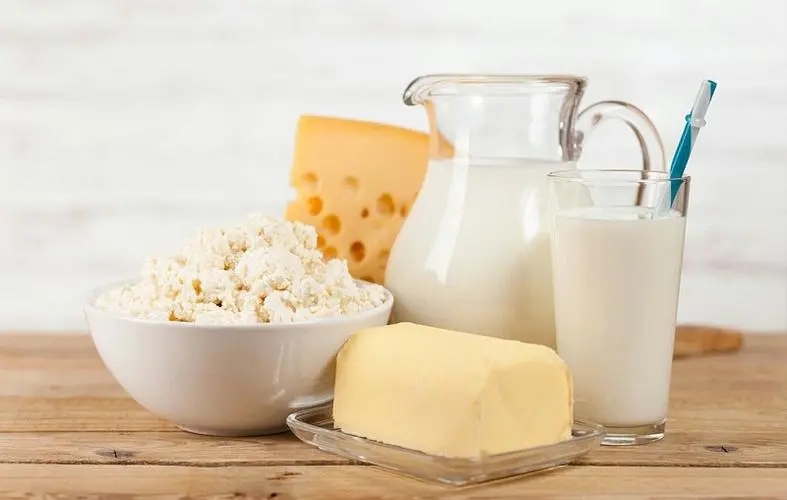
 CONTACT
CONTACT
- Linkman:Linda Yao
- Tel: +8618231198596
- Email:linda.yao@dcpharma.cn
- Linkman:CHARLES.WANG
- Department:Overseas
- Tel: 0086 0311-85537378 0086 0311-85539701
Food Grade Nisin Prices,Chinese Supplier
TIME:2024-11-08
The effect of nisin on food shelf life is mainly reflected in extending the shelf life, maintaining food quality, and inhibiting the growth of harmful microorganisms. Nisin has significant antibacterial activity, especially against Gram-positive bacteria, including bacterial spores. Adding nisin to food can effectively kill or inhibit the growth and reproduction of these harmful microorganisms, thereby extending the food’s shelf life. Specifically, its application in various foods yields the following results:
·Fresh Milk and Dairy Products: It inhibits heat-resistant bacteria that cause spoilage in fresh milk and dairy products, extending the shelf life by 2–3 times.
·Liquid Eggs and Egg-Containing Products: It effectively inhibits heat-resistant spore-forming bacteria, extending the shelf life of liquid eggs from 7 days to 1 month.
·Salad Dressings and Soy Sauces: It effectively inhibits the growth of lactic acid bacteria and spores, reducing spoilage in low-fat, low-salt products, and extending shelf life by up to 4 times.
·High-Moisture or Low-Fat Foods: It inhibits the growth and reproduction of heat-resistant bacteria or spores, doubling or more the shelf life.
·Heat-Processed Meat Products: It extends the shelf life of heat-processed meat products by 2–3 times.
·Seafood, such as Fish and Shellfish: It inhibits Gram-positive bacteria, helping to maintain freshness and extend shelf life.
·Canned Foods: Adding nisin effectively inhibits the reproduction of mesophilic bacterial spores, reducing the required heat processing time and enabling canned foods to be stored for longer in warm conditions.
The use of nisin not only extends the shelf life of food but also helps preserve food quality. By inhibiting the growth and reproduction of microorganisms, it reduces spoilage and degradation during storage and transportation, thus maintaining the food’s original flavor, texture, and nutritional value.
Nisin has a strong inhibitory effect on most Gram-positive bacteria, particularly with a specific action against Bacillus spores. This antibacterial activity effectively reduces the number of harmful microorganisms in food, lowering the risk of spoilage and degradation.
Nisin is a natural, non-toxic food preservative with no side effects. After consumption, it is quickly hydrolyzed into amino acids under the physiological pH of the human body and the action of α-chymotrypsin, and it does not alter the normal gut microbiota. Unlike other antibiotics, it does not induce resistance issues or cross-resistance with other antibiotics, making it safe and harmless to humans.
Nisin’s application in foods can significantly extend shelf life, maintain quality, and inhibit the growth of harmful microorganisms, making it an indispensable additive in the food industry.
- Tel:+8618231198596
- Whatsapp:18231198596
- Chat With Skype







